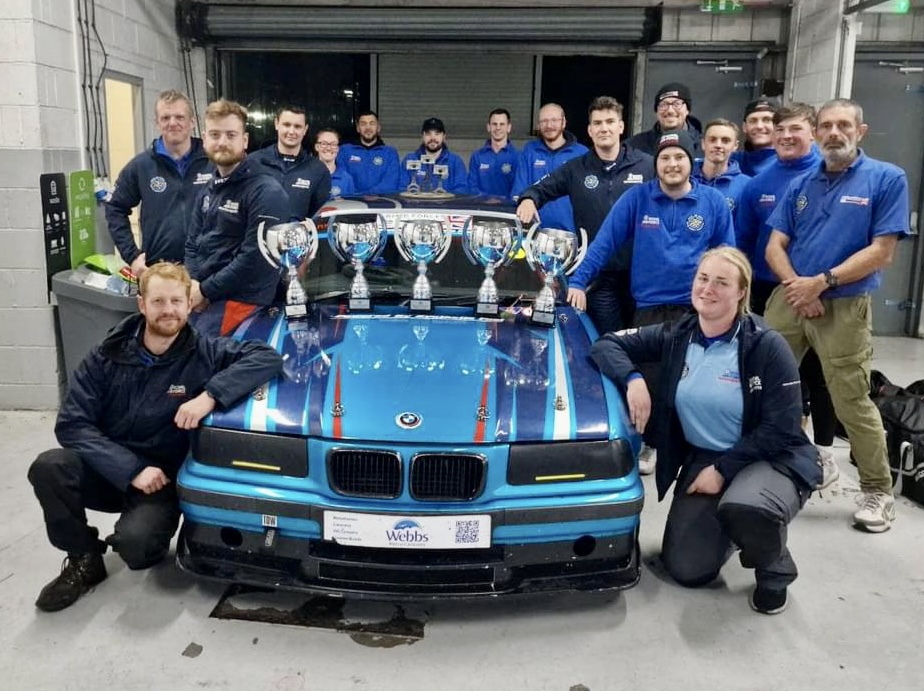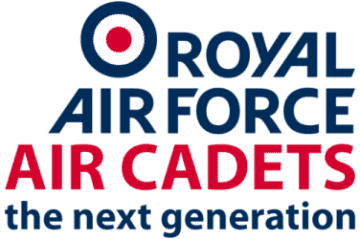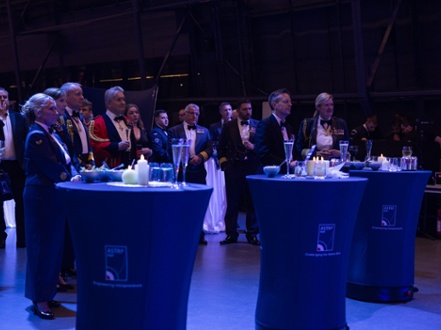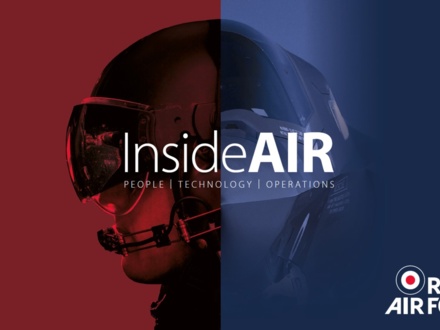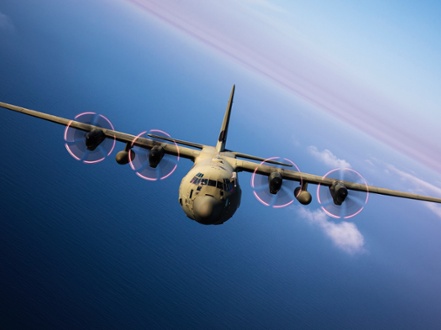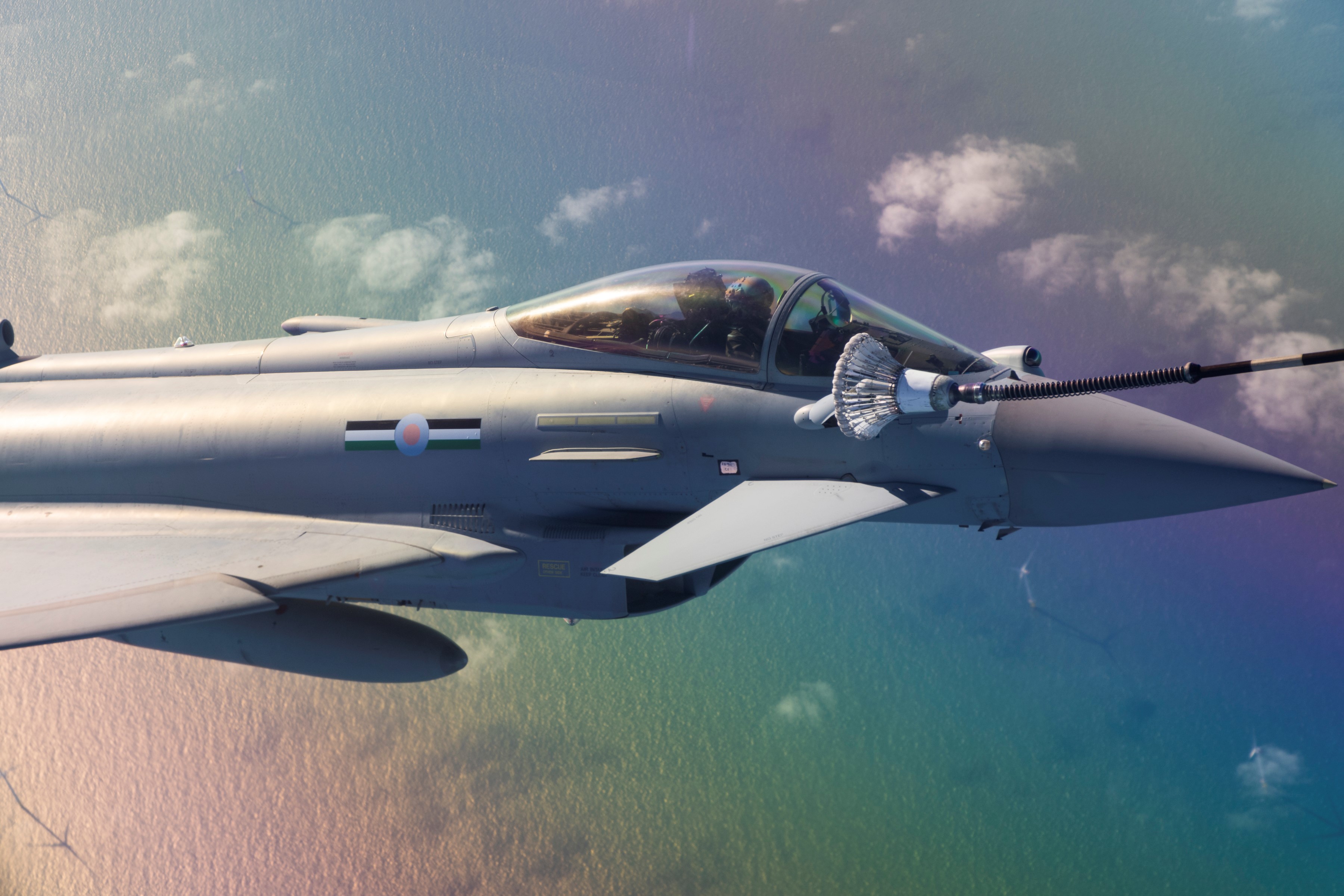
As the year draws to an end, it's an opportunity to look back on the work carried out by Whole Force personnel throughout 2023 and appreciate a handful of the stories that focus on innovation and sustainability that didn’t hit the headlines.
In January, the Royal Air Force used sustainable aviation fuel blended with regular jet fuel to achieve the first sustainable aviation fuel blend air-to-air refuelling of a Typhoon and C-130 Hercules aircraft from an RAF Voyager. The Voyager was previously used in successful initial trials in November 2022 where it flew on 100% sustainable aviation fuel. The leftover fuel from the Voyager trial was mixed with regular fuel at around 46-48%. The RAF worked with Air BP to re-certify the fuel and achieve the required standards needed for a safe and effective mission.
In April, military leaders, academics and industry joined forces with personnel and pupils from RAF Leeming to see first-hand how the base is playing a leading role in delivering a blueprint for a greener future. Attendees were able to interact with solar, wind, kinetic energy, and model-sized hydrogen cars at the RAF eXperimental (RAFX) hub based at RAF Leeming.
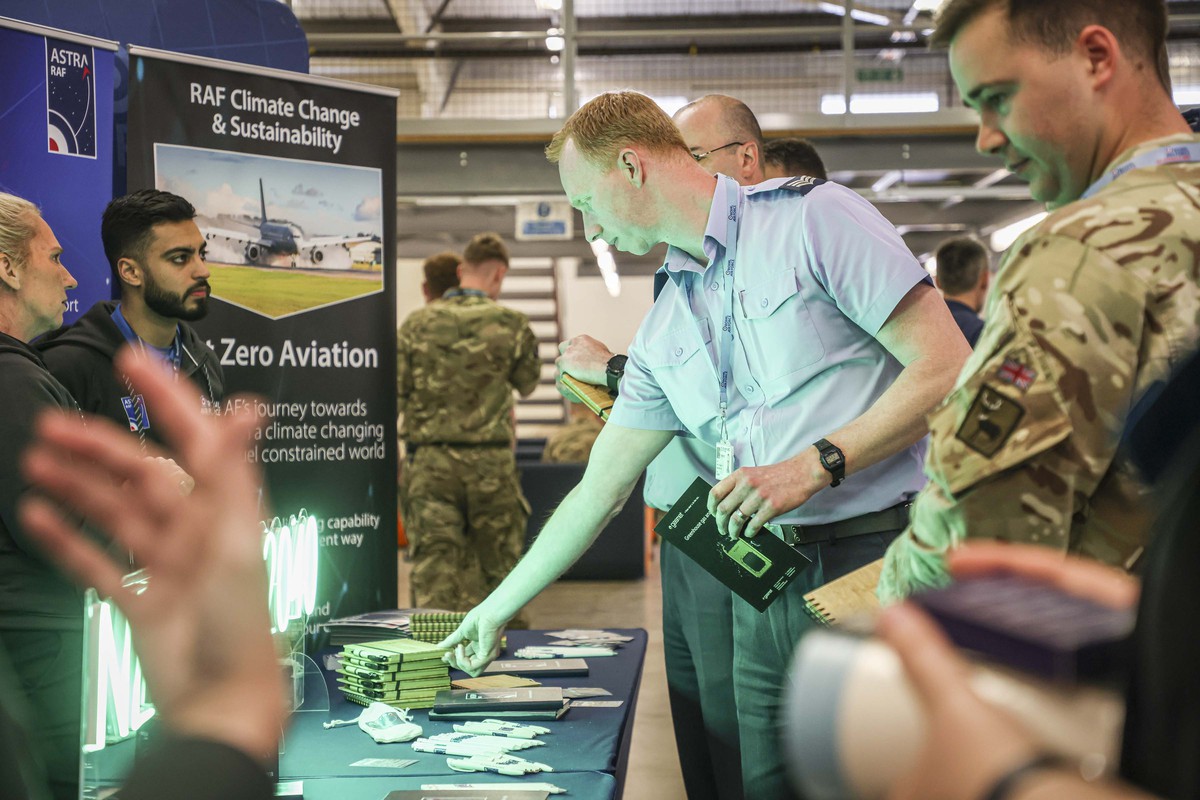
One of RAFX’s core initiatives, the ViTAL Living Lab, is an exciting collaboration with Newcastle University, in which experiments targeted at sustainability, building resilience, and reducing carbon emissions can be conducted in a real-time, real-life environment.
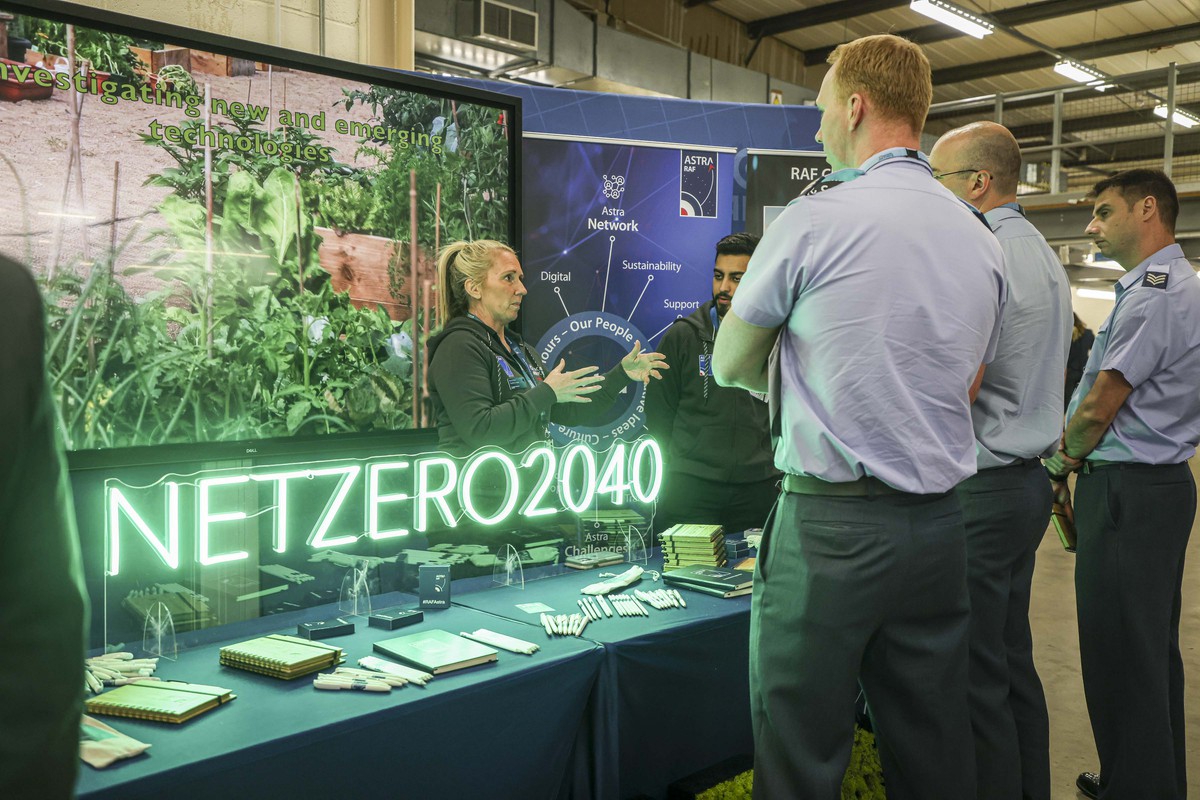
The RAF successfully completed a Voyager air-to-air refuelling flight, powered by an approximately 43% blend of Sustainable Aviation Fuel (SAF). Flying from RAF Brize Norton, over the North Sea and via Farnborough on its return home, the Voyager aircraft also undertook air-to-air refuelling with Typhoons, as part of planned training. Made from waste-based sustainable feedstocks, such as used cooking oil, SAF reduces lifecycle carbon emissions by up to 80% compared to traditional jet fuel and will be key to reducing the RAF’s reliance on global supply chains and fossil fuels, while improving operational resilience.
This significant moment follows a series of recent milestones achieved by the RAF towards a sustainable aviation future, including the world's first RAF Voyager flight fuelled by 100% SAF. Supporting the RAF’s ambitions to be Net Zero by 2040, the Voyager flight was part of an existing task from the Chief of the Air Staff to gather the required data to inform the longer-term transition away from fossil fuels. The RAF has identified that using SAF and alternative aviation fuels will be critical for the future operational capability of the RAF and wider military aviation.
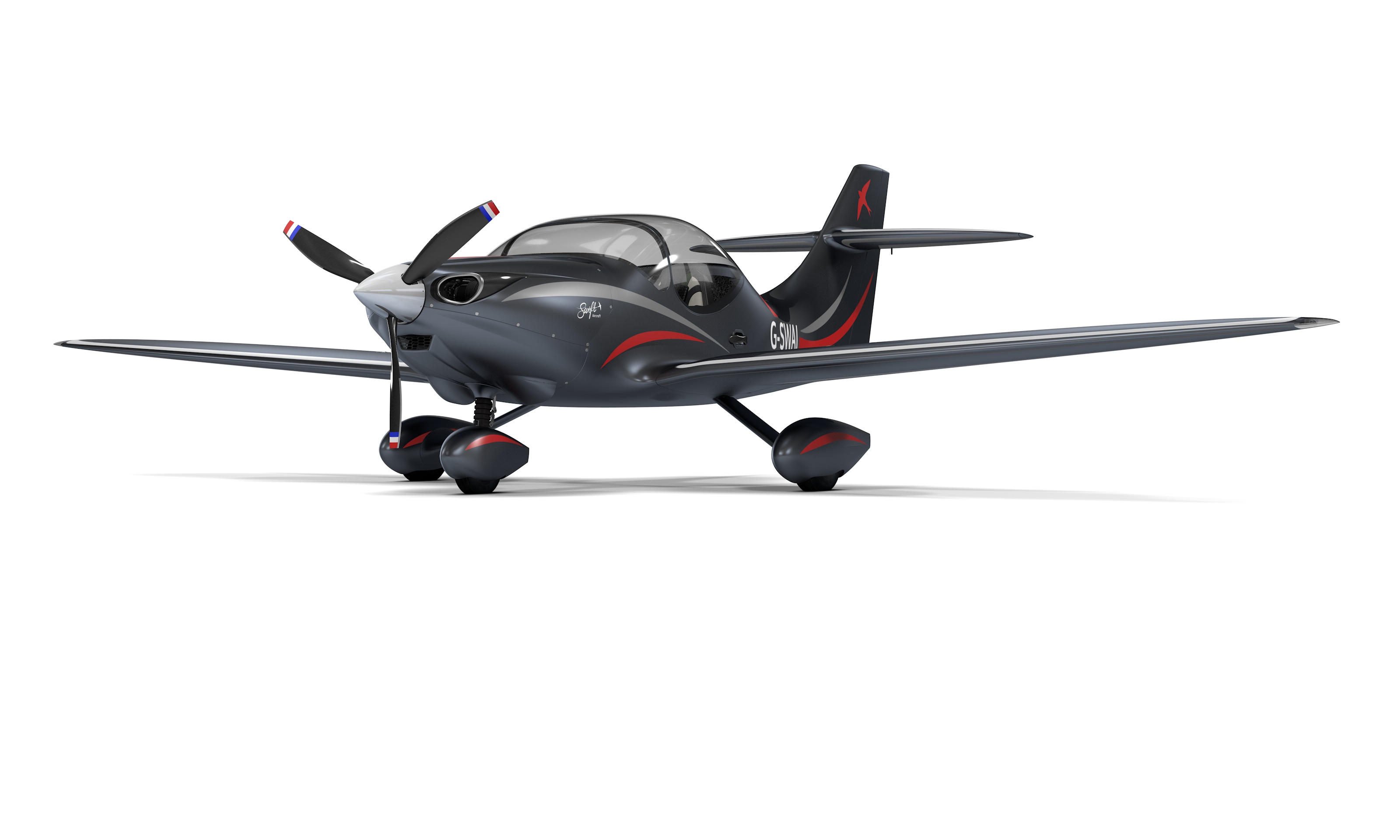
The commencement of Project Monet was announced earlier this year - a joint initiative between the Rapid Capabilities Office (RCO) and Industry, that will see the development of two experimental flying test aircraft to showcase the capabilities and potential of a range of sustainable technologies. Using the aircraft as the testing focus, Project Monet will draw together expertise from across the RAF and industry to evaluate how technologies can meet key military requirements and the whole-life environmental impact of operating such a fleet of aircraft.
The range of sustainable aviation technologies include the potential for all-electric battery power, synthetic fuelled internal combustion engines, hydrogen cell, and hybrid. Project Monet will add to the growing number of RAF successes in the sustainable aviation space, following on from the record breaking fully synthetic aviation fuel flight in November 2021, and the world-first sustainable fuel military transport flight in November 2022.
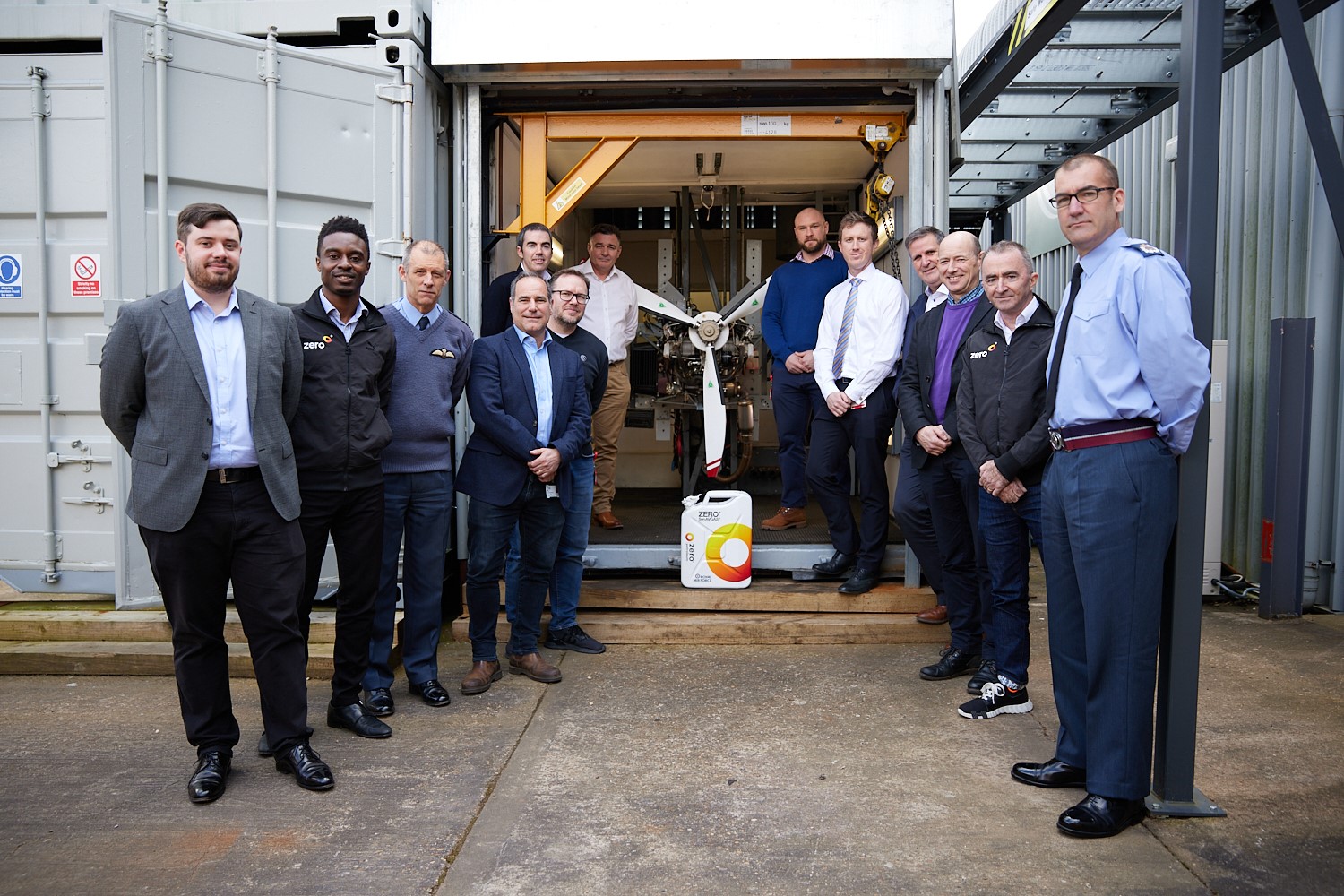
The RAF Astra Awards celebrated the innovative ideas and creativity of our whole force in September recognising some of the most inspirational people, ingenious ideas, and the incredible impact they’ve had over the past year. RAF Fylingdales won the Astra Ecosystem Award. RAF Fylingdales is one of the smallest operational units that has an active Astra ecosystem that is fully inclusive, with people at all levels empowered to enact change. The success of the ecosystem on such a small, remote unit is testament to the creativity and ambition of their Astra Ambassadors and the leadership of Warrant Officer Old. Many of their projects are ground-breaking and have the potential to revolutionise RAF training and administrative procedures.
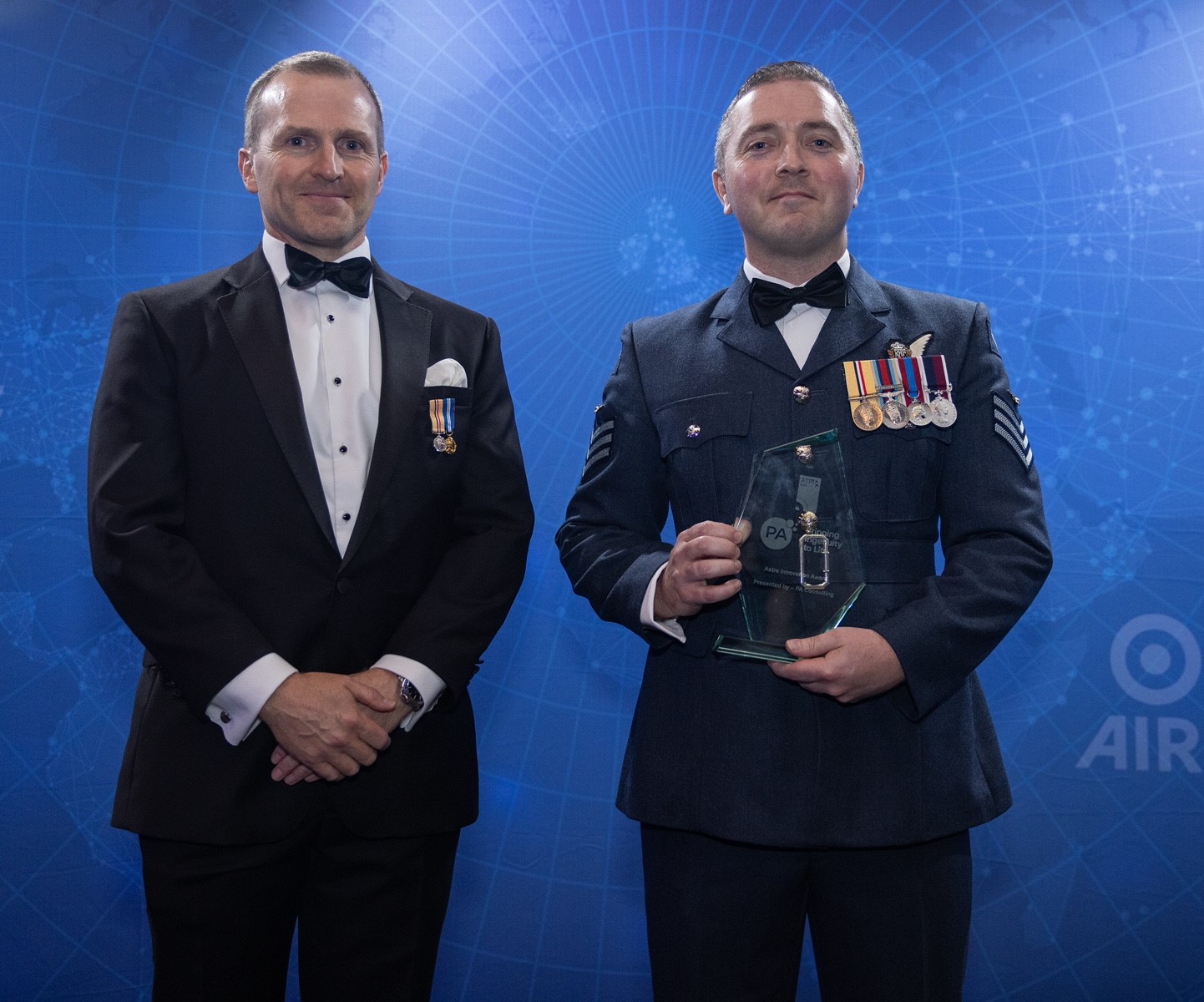
Sergeant Baxendale won the Astra Innovation Award. Baxendale’s novel approach to real-time information sharing within the supply chain through cloud infrastructure has tackled long-standing challenges in cargo logistics, including his home unit of RAF Brize Norton. His innovative AirLoader application automates critical and challenging calculations in weight and balance management for aircraft, increasing efficiency, accuracy, and safety while saving valuable resources. Owing to his outstanding ingenuity and dedication, his work has the potential to revolutionise cargo management practices.
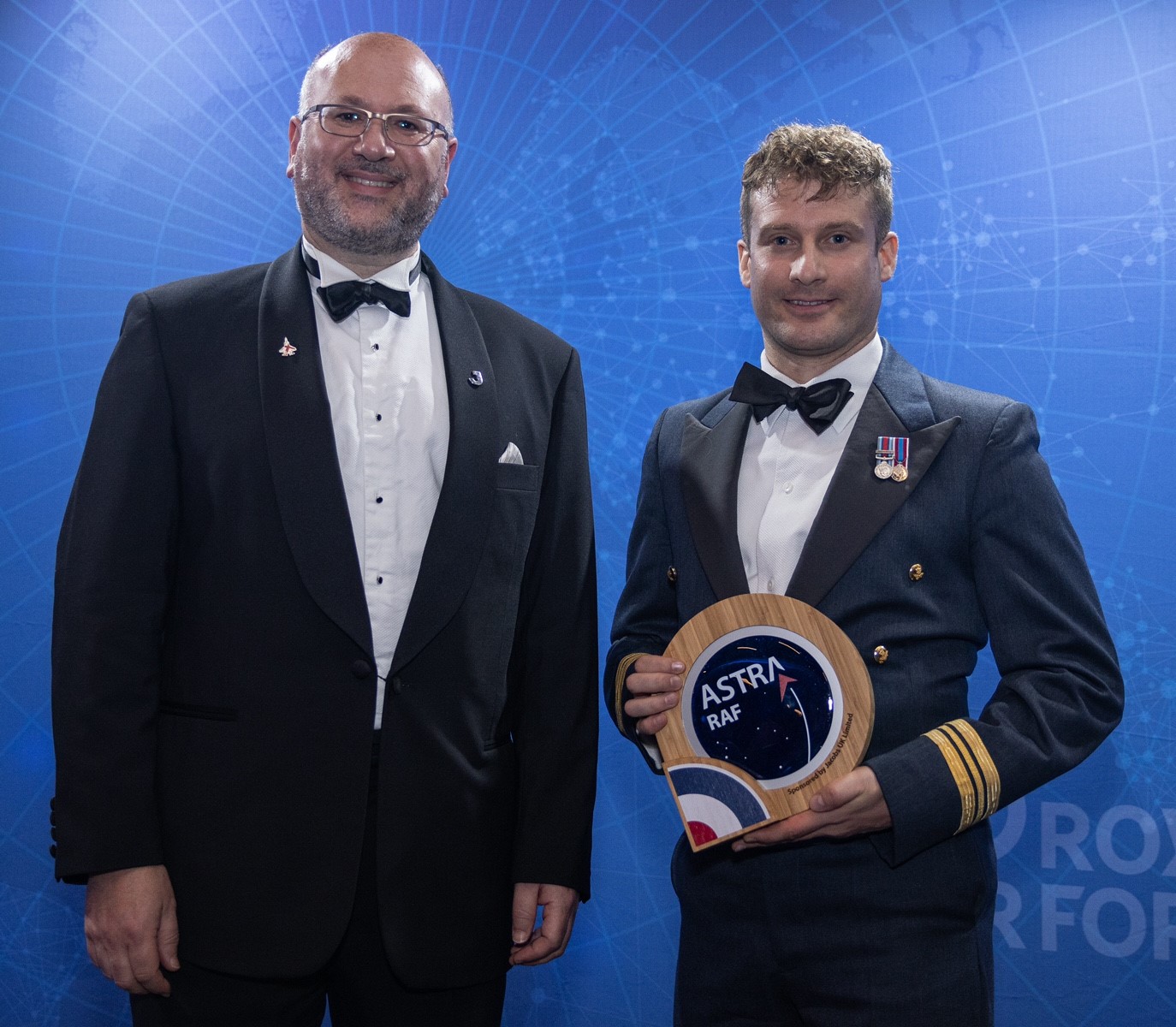
Squadron Leader Sweeney won the Astra Sustainability Award. Sweeney is fully committed to achieving the RAF’s sustainable goals, which has included spearheading the Defence Aviation Net Zero Strategy, with a Charter signed by the RAF and industry partners this year. His work has not just been at the strategic level though; he has been integral to the delivery of many other projects across the spectrum of sustainability. His passionate dedication, inspiring leadership, and engaging approachable manner mean he is an outstanding ambassador for innovation and sustainability.

The RAF’s synthetic-fuelled race car has been proving its capabilities, taking the chequered flag at the Birkett Six Hour Relay at Silverstone. This was the culmination of a challenge set to the six RAF Motorsports Teams, on two & four wheels, to look at the viability of sustainable motorsport and what could be delivered as a viable option to be used at Motorsport UK events. After careful consideration the decision was taken to retro fit two standard national spec race cars with suitable fuel storage and delivery systems to operate synthetic fuel.
To provide some variance in the test cars, one was a stock engine and mostly underworked with variable cam timing. The second was a smaller modified engine, which is therefore more ‘highly strung’ and higher revving. The first standard build was completed in time for the 2023 race season and the second will be available for the 2024 season. The first car became the first car in the UK running on carbon neutral/synthetic fuel at Motorsport UK events. The car has now completed six races and has taken class victories in each race with impressive overall finishes, notable as it is low powered compared to others in its class. It was the fifth and final car in the Birkett Relay, taking the chequered flag and the inter-service win for the RAF Motorsports team.
